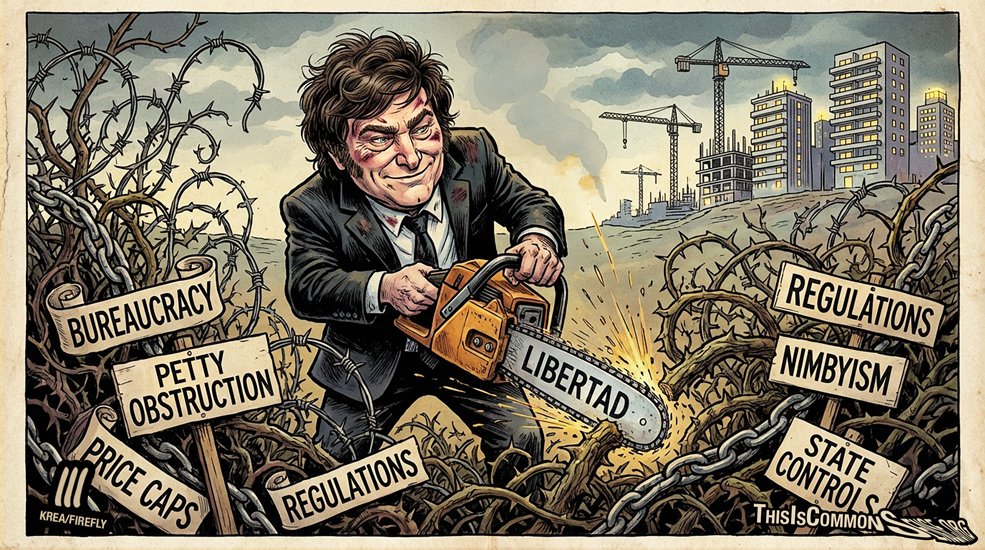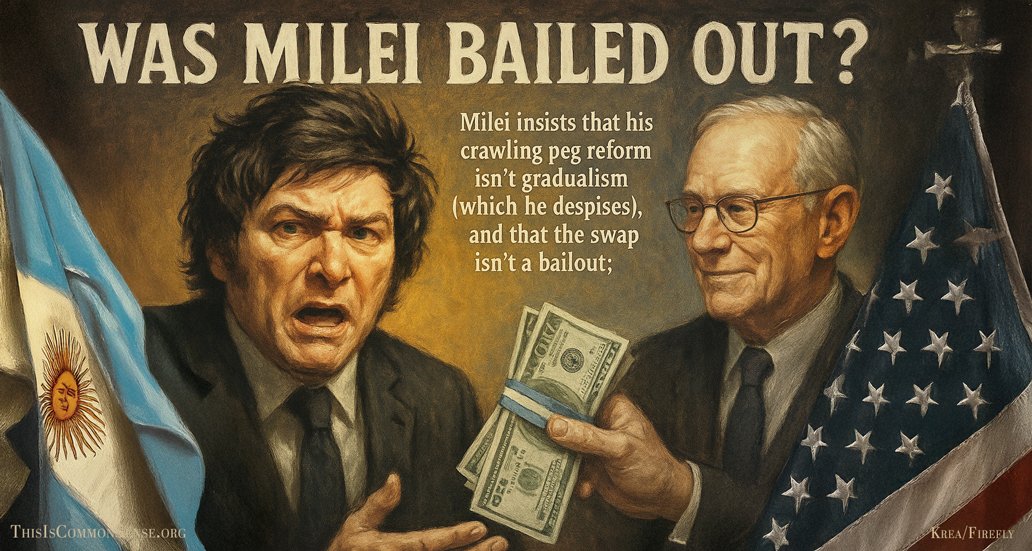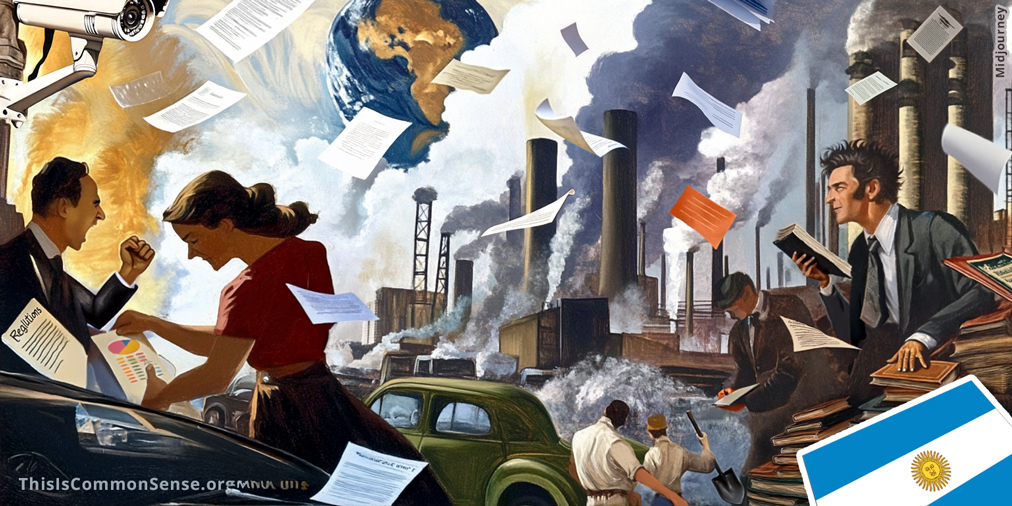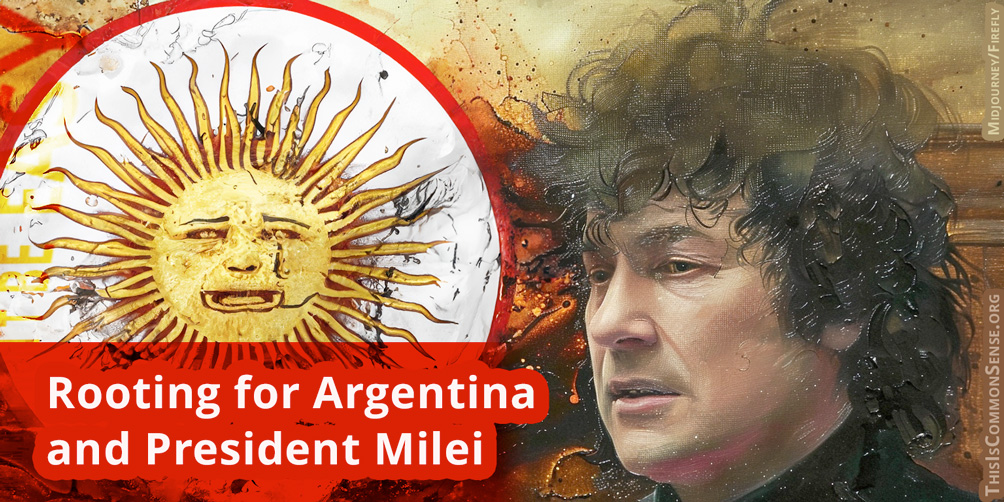Argentina’s Ministry of Deregulation — yes, it now has one — reports that by June 2024, little more than half a year after chainsaw-wielding libertarian candidate Javier Milei won the presidential election, the housing market boomed … into a magnificent recovery.
Back in March, Reason magazine observed that listings on the Argentinian real-estate platform Zonaprop had increased from 5,500 before Milei’s deregulation “to 15,300 today, a staggering 180 percent rise.”
Why the big jump?
Strict national rent controls had been imposed in 2020, by the previous administration. When Milei lifted them, replacing them “with nothing,” tenants and landlords could then make whatever arrangements they could agree upon.
One method of evading the punishing controls had been switching to an Airbnb model of renting, with contracts renewable every three months. Such expedients were almost mandatory … given Argentina’s galloping inflation. But they introduced their own kinds of uncertainty.
Owners also took units off the market.
Annual rentals plummeted under this anti-market regime. In late 2023, Valentina Morales saw maybe “12 apartments advertised in the entire Palermo neighborhood,” a region with a population of almost 250,000.
Rents on the few apartments available with annual contracts skyrocketed. Tenancies were required by regulation to last for three years, with arbitrary and unrealistic caps on rent increases. And rent had to be paid only in pesos. But since inflation did not pause under the pre-Milei regime, owners were forced to guess how high inflation would go over the three years … and they charged accordingly.
Now? All such nonsense is gone.
This is Common Sense. I’m Paul Jacob.
Illustration created with Krea and Firefly
—
See all recent commentary
(simplified and organized)





